Helping Kids Manage Diabetes at Camp
This post was reviewed by our Director of Clinical Excellence and Oversight.
If your child has diabetes, you already know that there’s a lot to think about, and a lot to do. You’ll learn to help your child test their blood glucose, learn about medications, including insulin injections, if needed, and how to manage the emotional ups and downs of having a chronic disease. If your child is newly diagnosed with diabetes, our blog, Supporting a Child Living with Diabetes is a great place to get some information that may make it easier to adjust to your new normal.
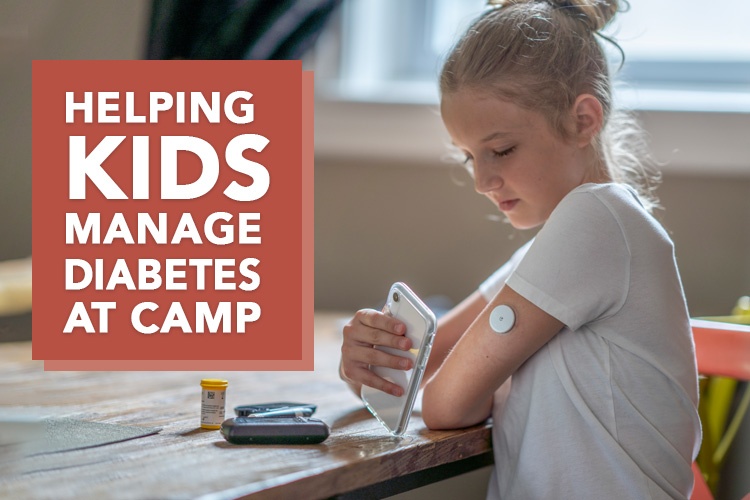
When your child is away from home at school, camp, or some other place where you won’t be with them all the time, you’ll have an additional level of responsibility—making sure your child gets the care they need during the time they are away. In this blog, we’ll provide some basic tips for parents of children diagnosed with diabetes on how to navigate your child’s condition while they are away from home.
Diabetes Basics
Type 1 diabetes, in which the body does not produce insulin, is more common in school-age children than type 2, in which the body does not make enough insulin. Those with type 1 must take insulin daily. Like adults, kids with diabetes need to check their blood glucose levels regularly and adjust medication as needed. In a nutshell, food causes blood sugar to rise, while exercise and medication bring levels down.
There are two main options for tracking blood sugar: Traditional glucose meters that require a fingerstick to test a small drop of blood on a strip and the newer continuous glucose monitors (CGMs), that are inserted under the skin and send continuous readings to a device such as a cell phone. Many middle and high school students can monitor blood sugar and adjust medication on their own, but younger kids need assistance, typically provided by an on-staff nurse, when the child is at school or in a camp setting.


Before sending a child to a new camp or school, or at the time of diagnosis, parents should meet with their child’s healthcare team to create a personalized Diabetes Medical Management Plan (DMMP).
Planning Is Everything
Before sending a child to a new camp or school, or at the time of diagnosis, parents should meet with their child’s healthcare team to create a personalized Diabetes Medical Management Plan (DMMP). This should be reviewed with the camp director or school principal, nurse, nutrition manager, teacher, camp counselor, and anyone else who has responsibility for your child throughout the day.
The DMMP covers everything from your child’s target glucose level, to how to identify and treat high and low blood sugar; medication that needs to be taken; meals and snacks; and physical activity. In a school setting, some parents choose to set up what’s known as a 504 plan that clarifies the school’s responsibilities. This helps ensure your child is both medically taken care of and gets the same education as students without diabetes. In a camp setting, you’ll want to make sure the staff is equipped to deal with your child’s special needs and. has a plan in place to help your child in the event of a diabetes emergency.
Before sending your child to a new camp, you’ll want answers to questions such as:
- What professionals does the camp have on staff to help with children who have medical conditions?
- Who can help manage a low if the nurse or other health professional is out for the day or occupied with another child?
- Can the child leave the camp group to check her glucose level without asking the teacher or camp counselor?
- Will the child be allowed to have a snack while other kids are doing another activity?
In the school setting, federal law prohibits schools from discriminating against students with diabetes and other conditions. In most cases, parents and schools are easily able to come to a good agreement about managing a child’s diabetes care. However, if you can’t get what you need from the school, the American Diabetes Association offers support for those considering filing a complaint or lawsuit.
Camps, however, can choose not to serve a child with diabetes if they don’t have proper precautions in place. Some parents of children with diabetes prefer to send their kids to a camp that specializes in taking care of kids with diabetes. The American Diabetes Association has a list of diabetes-friendly camps for kids as young as 5 years old at: https://www.diabetes.org/get-involved/community/camp/find-a-camp.
Bigger Backpack
In addition to the extra bathing suit, petrified apple cores, and crumpled art projects found in most kids’ camp backpacks, children with diabetes need essential supplies. Create a checklist and review it every day to make sure your child has:
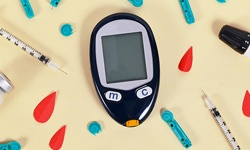
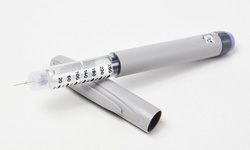
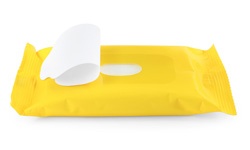


Diabetes 101
Hopefully, you’re clear about how to manage your child’s diabetes at school. or camp, and you’ve secured the support of counselors, teachers, and administrators. The third leg of this tool is to prepare your student. Make sure your child:
- Is age-appropriately educated about diabetes, including causes, symptoms, and the role of food, medication, monitoring, and exercise.
- Knows who to contact for help, like a teacher, nurse, or coach.
- Understands how to manage lunchtime and other eating occasions at school.
- Leaves each morning with needed supplies and snacks.
- Tells you of any diabetes-related problems or conflicts that arise at school.
- Wears a medical ID necklace or bracelet at all times


In addition to the extra bathing suit, petrified apple cores, and art projects found in most kids’ backpacks, children with diabetes need essential supplies.
Plan Ahead So You Don’t Run Out!
A diagnosis of diabetes can be tough, even overwhelming for parents and kids. But over time, as everyone learns more and gains experience, families get into a comfortable rhythm.
One of the best ways we know to reduce stress is to have an ample supply of the diabetes supplies your child needs. Whether you prefer a glucose meter or no-needlestick CGM, Home Care Delivered is your source for quality products and award-winning service. We carry the latest FreeStyle Libre and Dexcom models, and our diabetes specialists are happy to answer your questions about CGMs!

Get Insurance-Covered CGM & Diabetes Supplies
Monthly Deliveries | We Handle the Paperwork
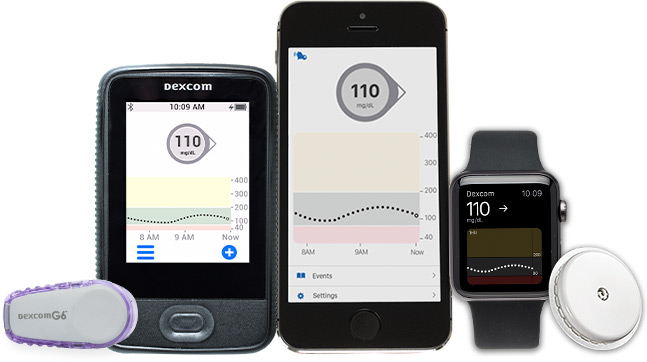
Disclaimer:
Unless otherwise noted, the recommendations in this document were obtained from the sources indicated. Be advised that information contained herein is intended to serve as a useful reference for informational purposes only. HCD cannot be held responsible for the continued accuracy of or for any errors or omissions in the information. All trademarks and registered trademarks are the property of their respective owners.

